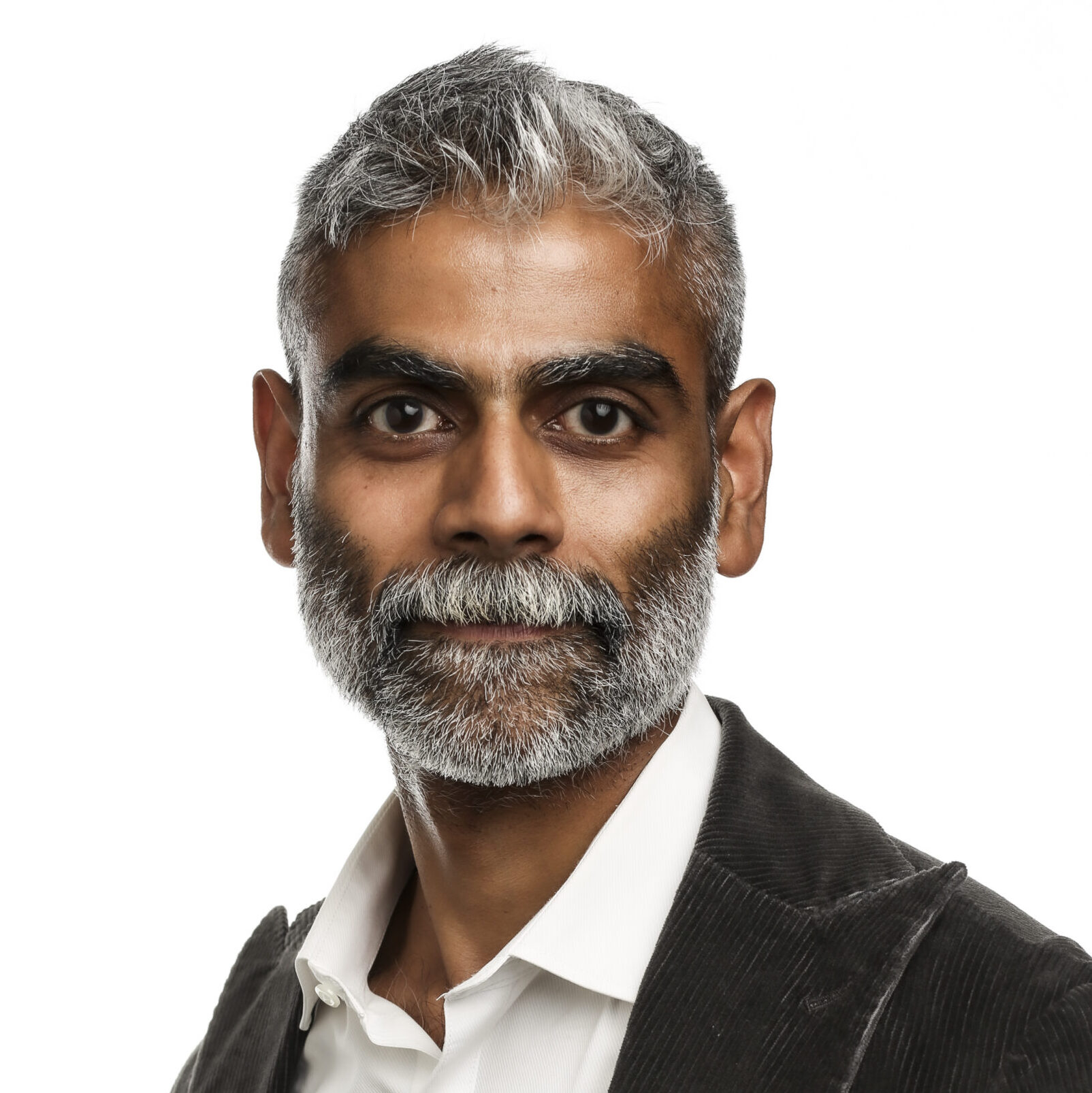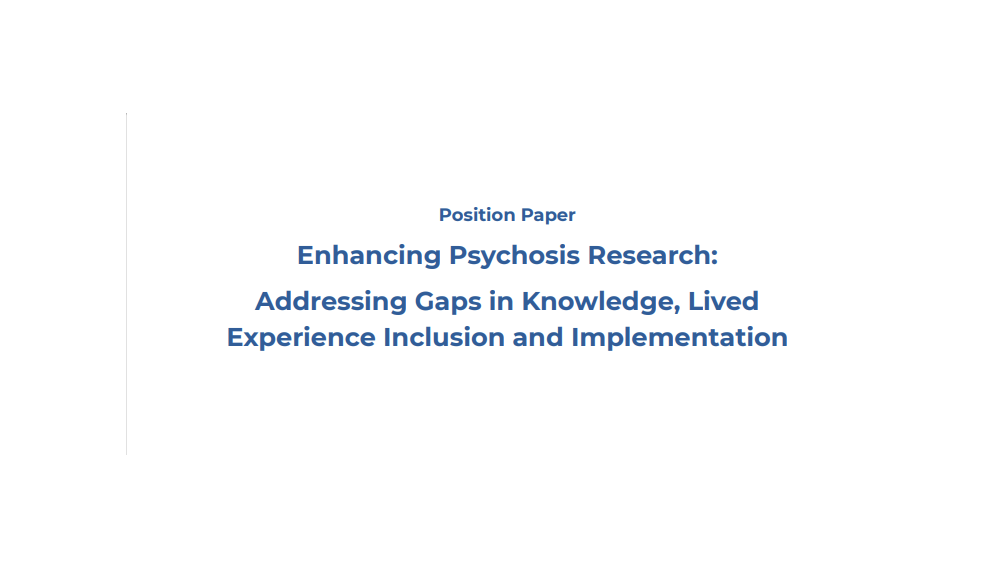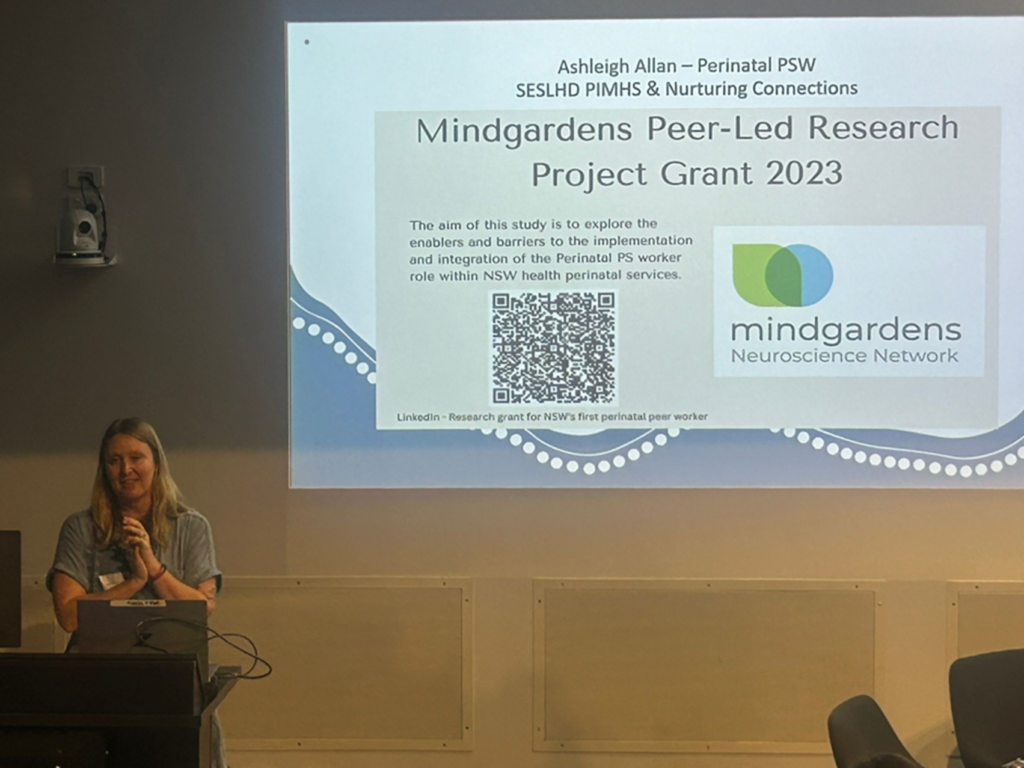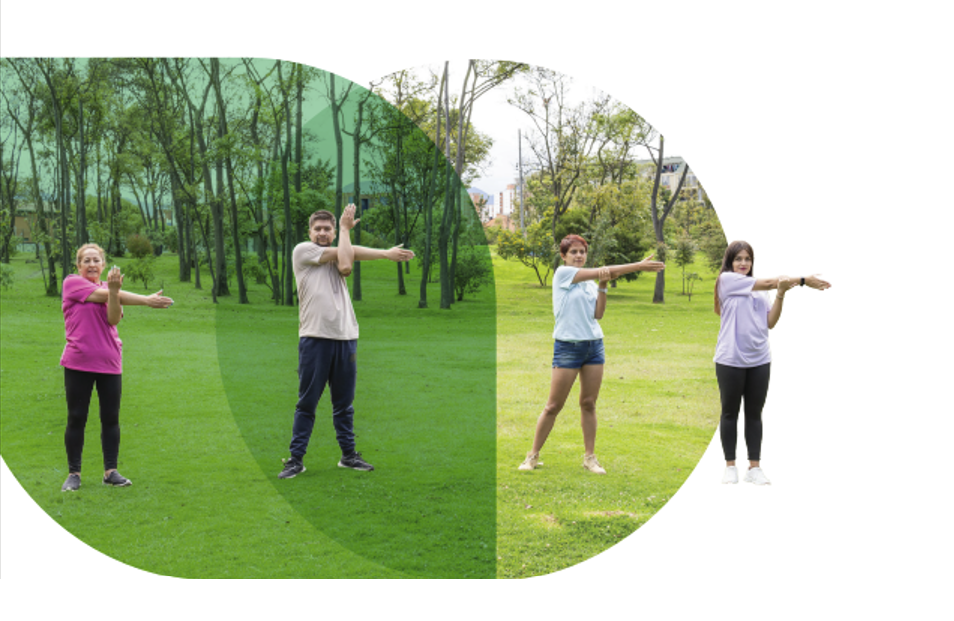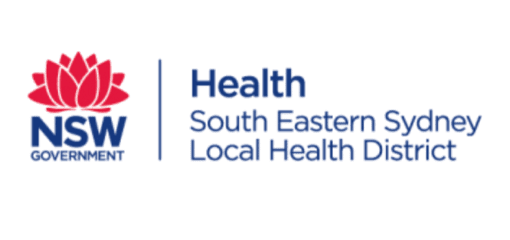Enhancing Access to Evidence-Based Care for Functional Neurological Disorder (FND) Patients
People living with Functional Neurological Disorders (FND) differ widely in their access to, and the forms of care they receive depending on where in Australia and New Zealand they live, a bi-national survey of FND clinics has found.
The study, led by Dr Adith Mohan, the Director of the Mindgardens FND Clinic, found that despite FND’s prevalence, timely access to specialist care remains challenging, and existing services struggle to cope with patient need while often facing uncertain financial futures.
“FND affects a significant number of individuals, averaging between four and 12 per 100,000 people annually. There are multiple, compounding reasons why accessing appropriate care for FND patients remains an issue. These challenges are amplified in regional settings and specialist services face significant clinical demand with scant resources,” Dr Mohan, senior author of the paper published in the Journal of Clinical Neuroscience said.
“To address these concerns, we investigated the availability and clinical practices of specialist FND clinics and services across Australia and New Zealand to better understand the full scope of the barriers experienced by FND patients in accessing the care they need.”
FND is a common neurological condition arising from abnormalities in brain or central nervous system functioning. It can manifest as seizures, weakness, tremors, abnormal movements, or result in cognitive, speech, gait, or vision issues.
Dr Mohan and his team identified clinicians and coordinators running FND clinics through clinical contacts. Clinics completed a survey covering service delivery details, including clinical models, referrals, criteria, staffing, interventions, data collection, and funding.
“We identified 16 clinics across both Australia and New Zealand, with 12 located in capital cities and only four clinics located in regional centres. Three of these focused on paediatric patients and 13 served adults,” Dr Mohan said.
“These clinics varied in clinical models, referral sources, staffing, interventions and funding. In addition to the challenges with demand and funding identified by nearly all clinics, we noted the need for greater standardisation of FND care delivery binationally to optimise FND treatment and care.”
According to Dr Mohan, this gap in access to services in many regions leaves FND patients isolated and without the care and support they need to live healthy and fulfilling lives. He says closing the gap could be achieved with greater investment in service development for the disabling and treatable condition.
“Addressing these barriers and demand challenges requires additional resources – which is urgent if we want to enable people living with FND to fully participate in their work, social and domestic lives. We call for collaborative efforts to harmonise clinical standards, ensuring evidence-based care for FND patients,” Dr Mohan said.
Dr Mohan, who established the Mindgardens FND Clinic at Sydney’s Prince of Wales Hospital, is developing multi-disciplinary assessment and intensive treatment protocols for patients aged 18 to 65 years with a confirmed FND diagnosis.
The service brings together clinical experts from neuropsychiatry, neurology, rehabilitation medicine, physiotherapy and psychology for the first time in NSW with a mission is to improve access to specialised care and enhance patient outcomes, backed by an ongoing program of research.
“Our work has the potential to be adopted broadly across the health system, so Australian FND patients can be confident they are receiving best practice interventions based on current evidence,” Dr Mohan said.
“This survey shows the need is there, and that we have a long way to go in providing consistent, high-quality services.”
Professor Jackie Curtis, Executive Director at Mindgardens Neuroscience Network, said the findings demonstrated the need for specialist FND clinics to be scaled up and made available in other regions.
“This work shows the power of this approach to supporting innovation, and Mindgardens will continue to give backing to excellent translational research project ideas in mental health, drug and alcohol and neurological disorders,” she said.
Brings together the strengths of four founding organisations

